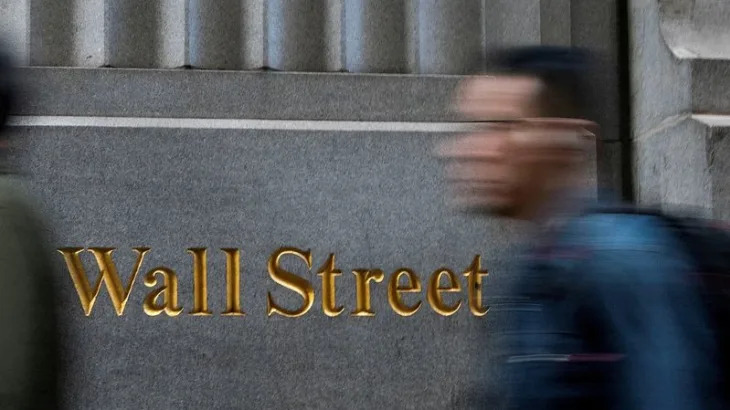US stocks tumbled across the board on Friday after the July jobs report showed a further cooling in the labor market, fueling concerns the Federal Reserve's "higher for longer" interest-rate stance might end in recession and that the central bank may have waited too long to start lowering rates.
The Nasdaq Composite ( ^IXIC ) dropped 2.6% after the jobs report's release. That plunged the tech-heavy index into correction territory, defined as a more than 10% drop from its recent high on July 10.
The Dow Jones Industrial Average ( ^DJI ) slumped 1.5%, or more than 600 points. The S&P 500 ( ^GSPC ) sank 1.8%.
All three major indexes recorded weekly losses. The S&P and the Dow fell 2%, while the Nasdaq shed 3%. The Russell 2000 ( RUT ) fared even worse, posting a weekly loss of about 6.8%.
On Friday, new data showed the US economy added fewer jobs than expected in July, while the unemployment rate unexpectedly rose to 4.3%, the Bureau of Labor Statistics' nonfarm payrolls report showed. Those additional signs of a slowdown in the labor market are likely to feed recession fears and rate-cut expectations.
Traders are now pricing in three rate cuts this year — in September, November, and December — and bets are on a 50 basis-point reduction in September . The yield on the benchmark 10-year Treasury ( ^TNX ) dropped further below the 4% level after the labor-market update, trading around 3.79%.
News on individual stocks was just as downbeat as the economic data. Chipmaker Intel's ( INTC ) bruising earnings report added to the pressure on stocks amid questions about the payoff of AI investments for Big Tech.
The chipmaker said it will slash jobs and suspend dividends after its sales forecast fell short and it missed on earnings. Intel shares sank over 26%, dragging on other chip stocks.
Meanwhile, Amazon stock slid almost 9% on the heels of sales guidance that undershot Wall Street estimates. Apple ( AAPL ) shares were a relative winner, up less than 1% after the company beat on earnings even as it reported a slide in iPhone sales.
Stocks kicked off August trading on Thursday with a sell-off after a clutch of data on showed cracks emerging in the US economy, wiping out gains spurred by expectations for a September interest-rate cut.
This left Wall Street wondering whether the economic slowdown shown in recent data means the Federal Reserve has kept interest rates at historic highs for too long, risking an economic downturn.





